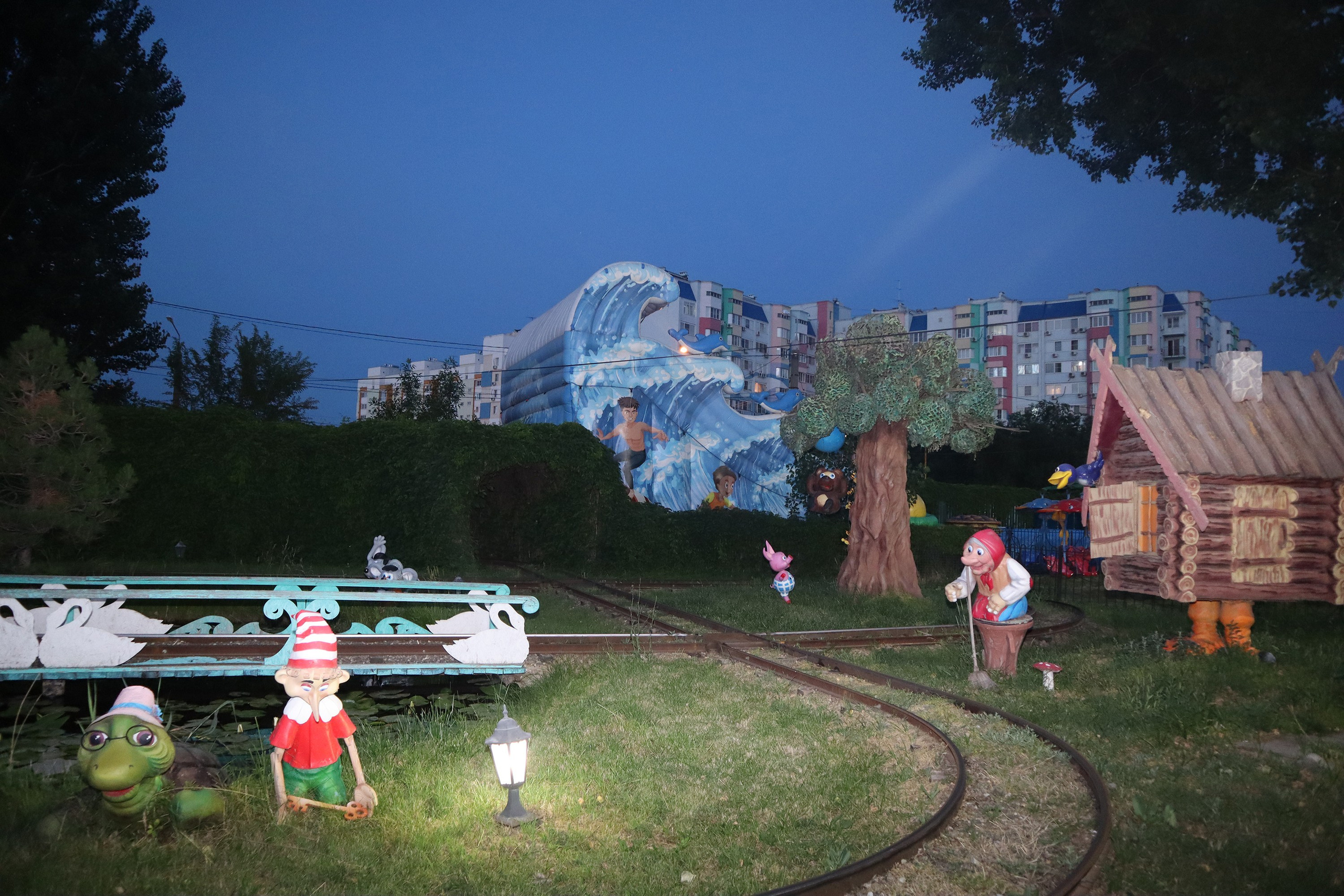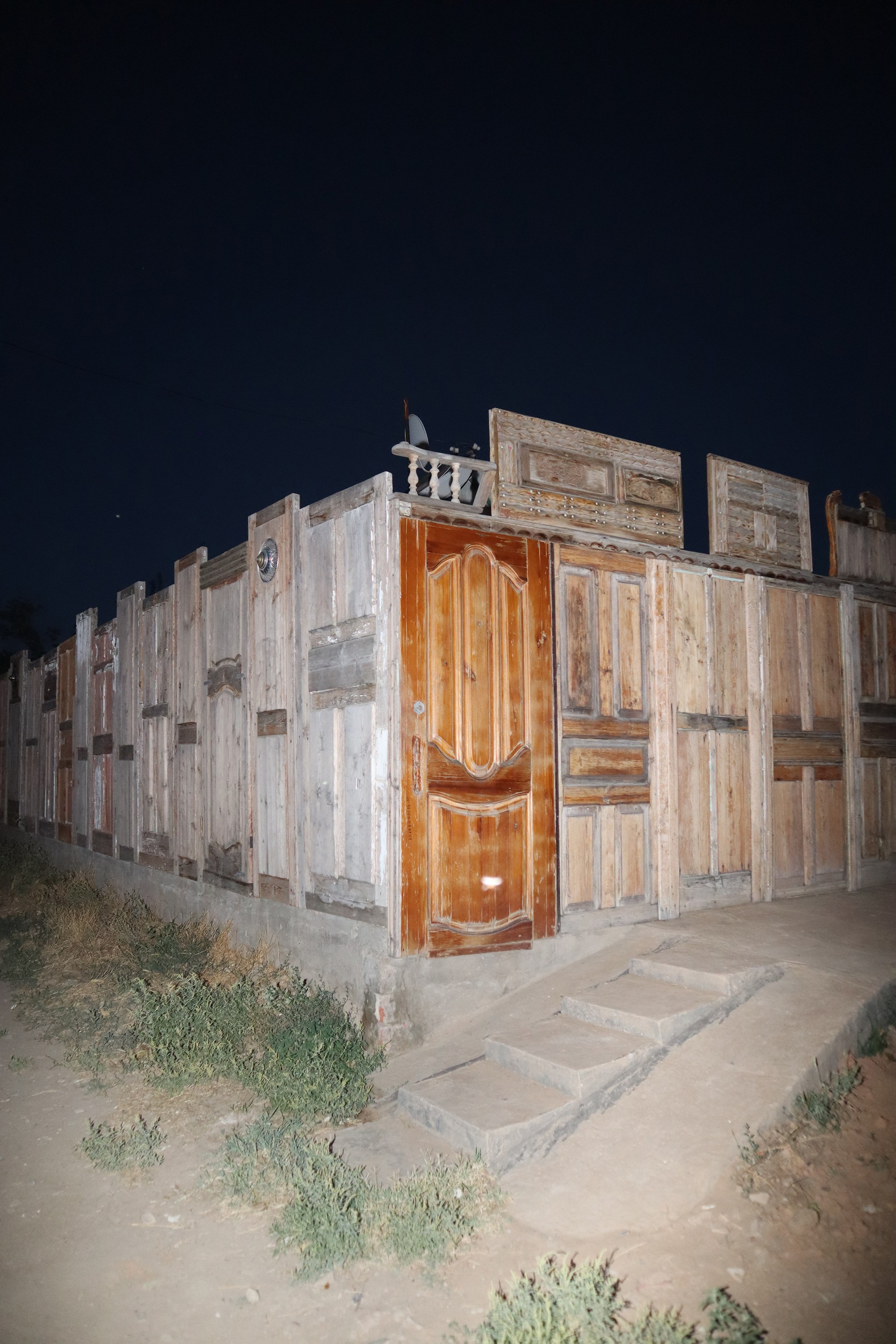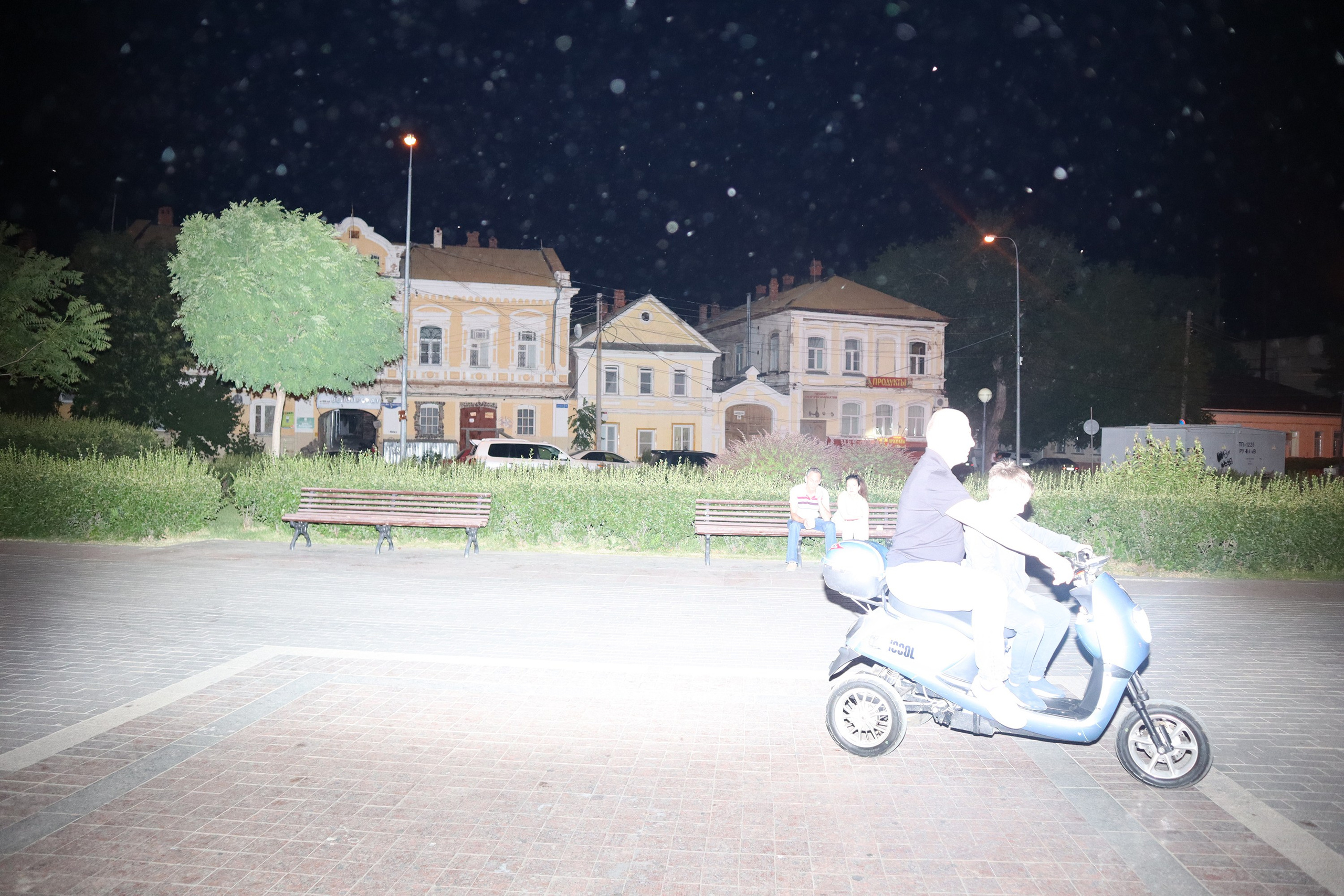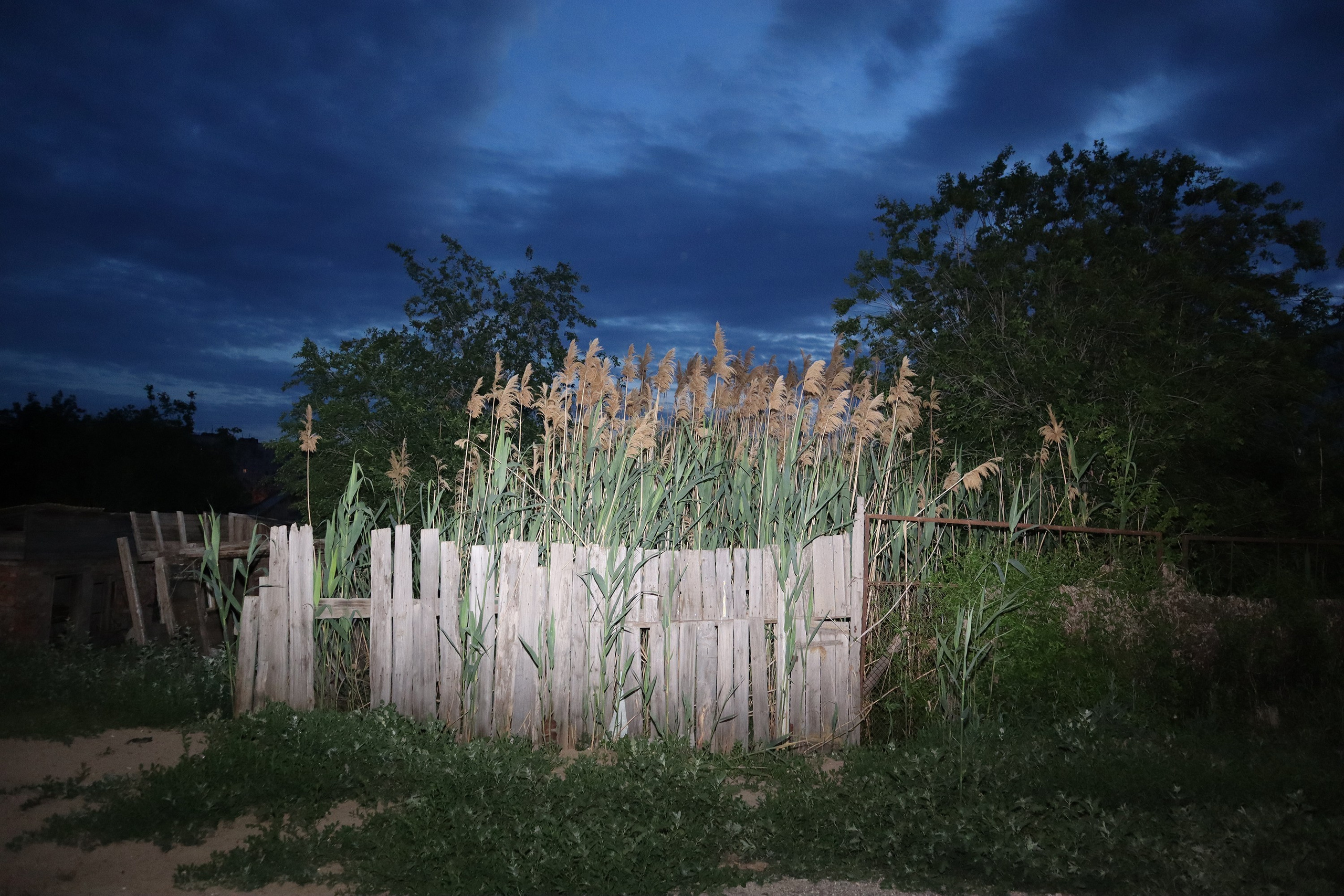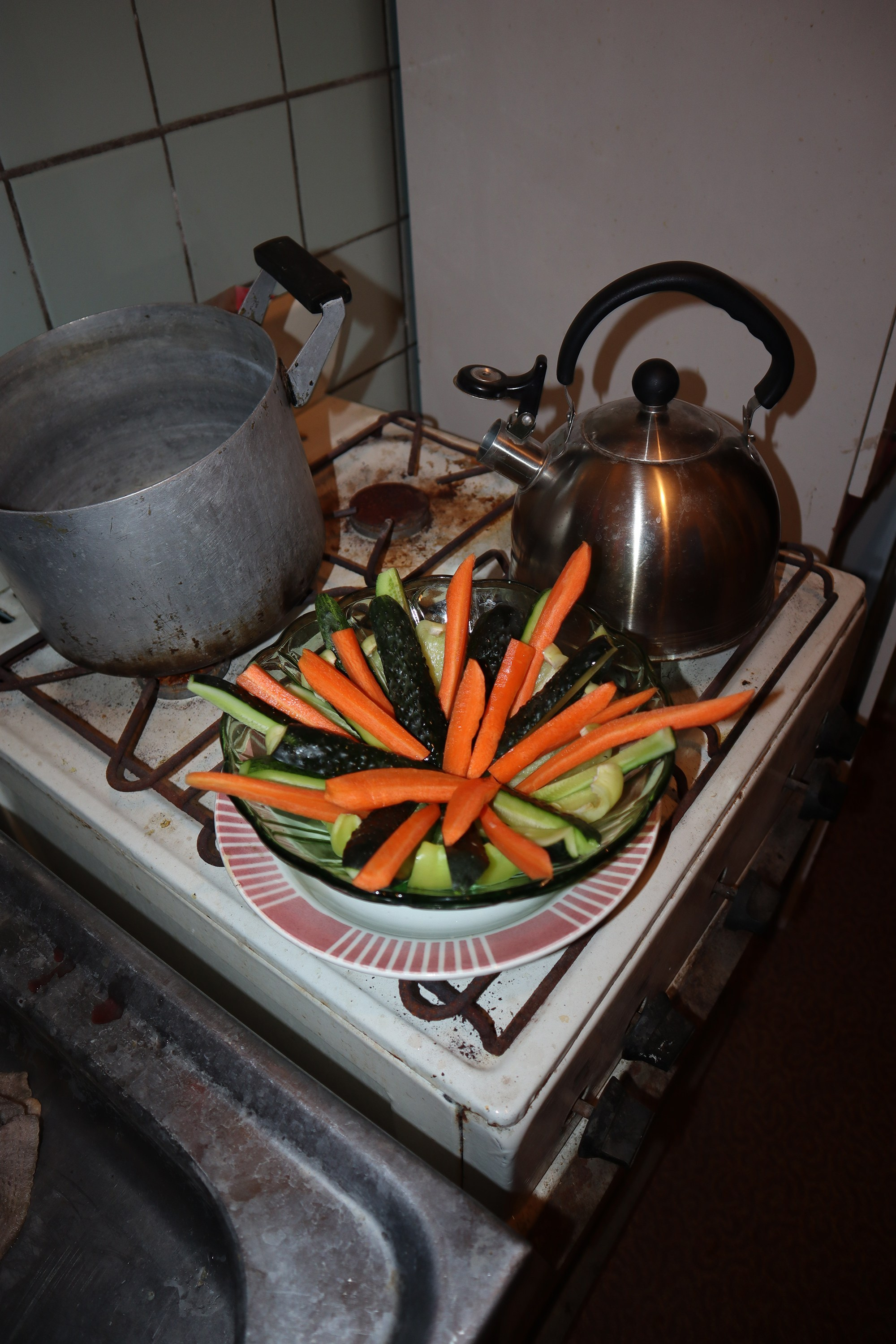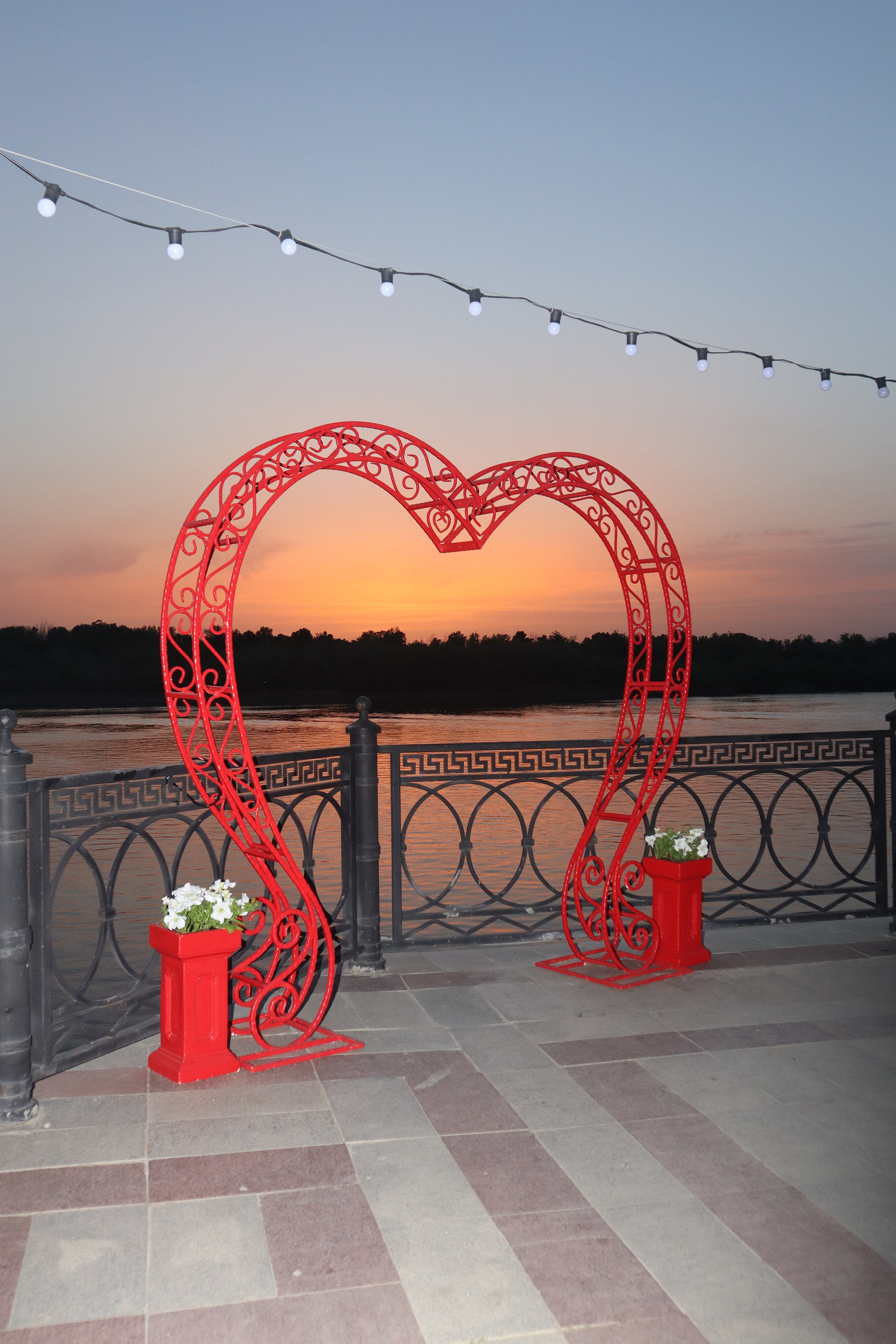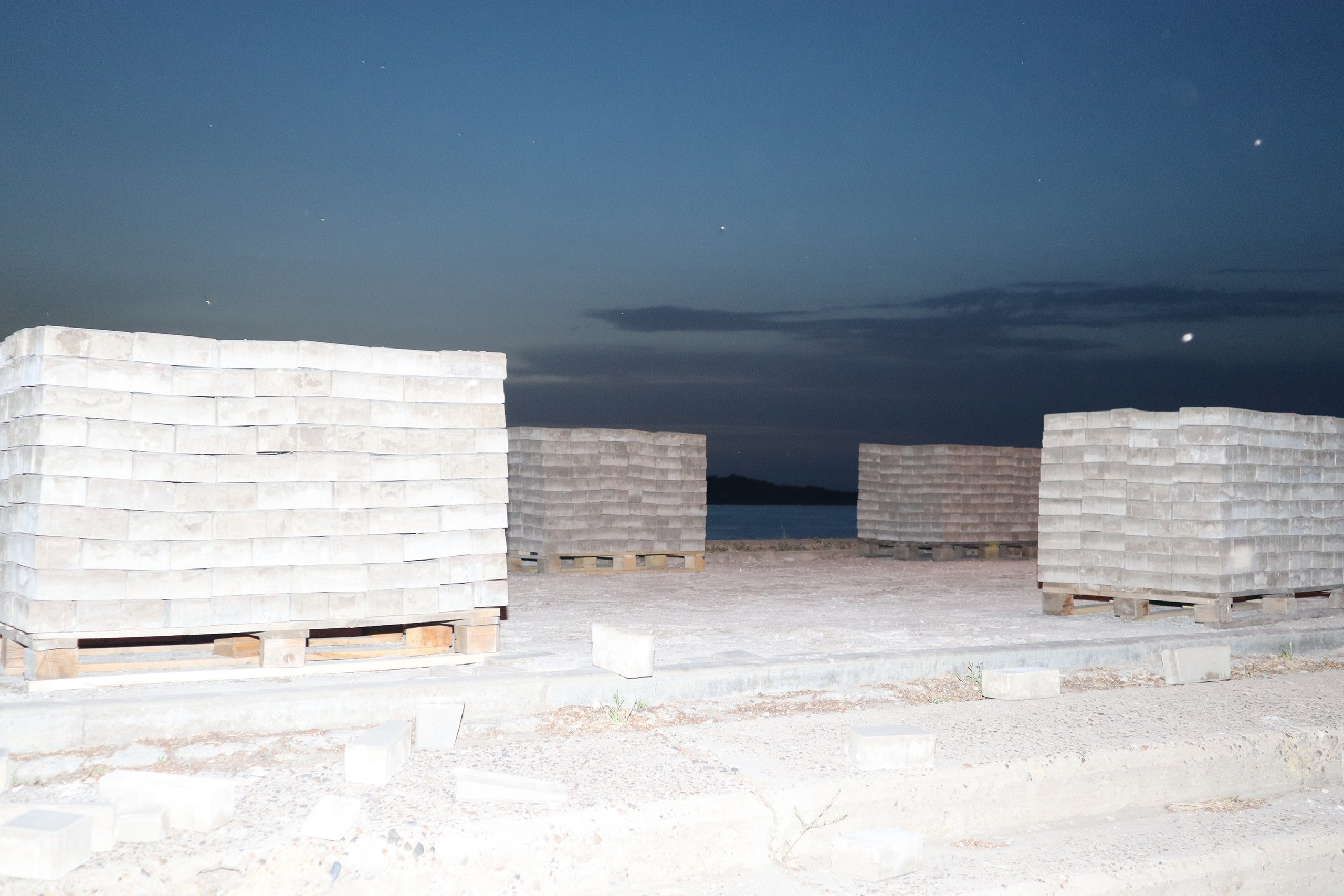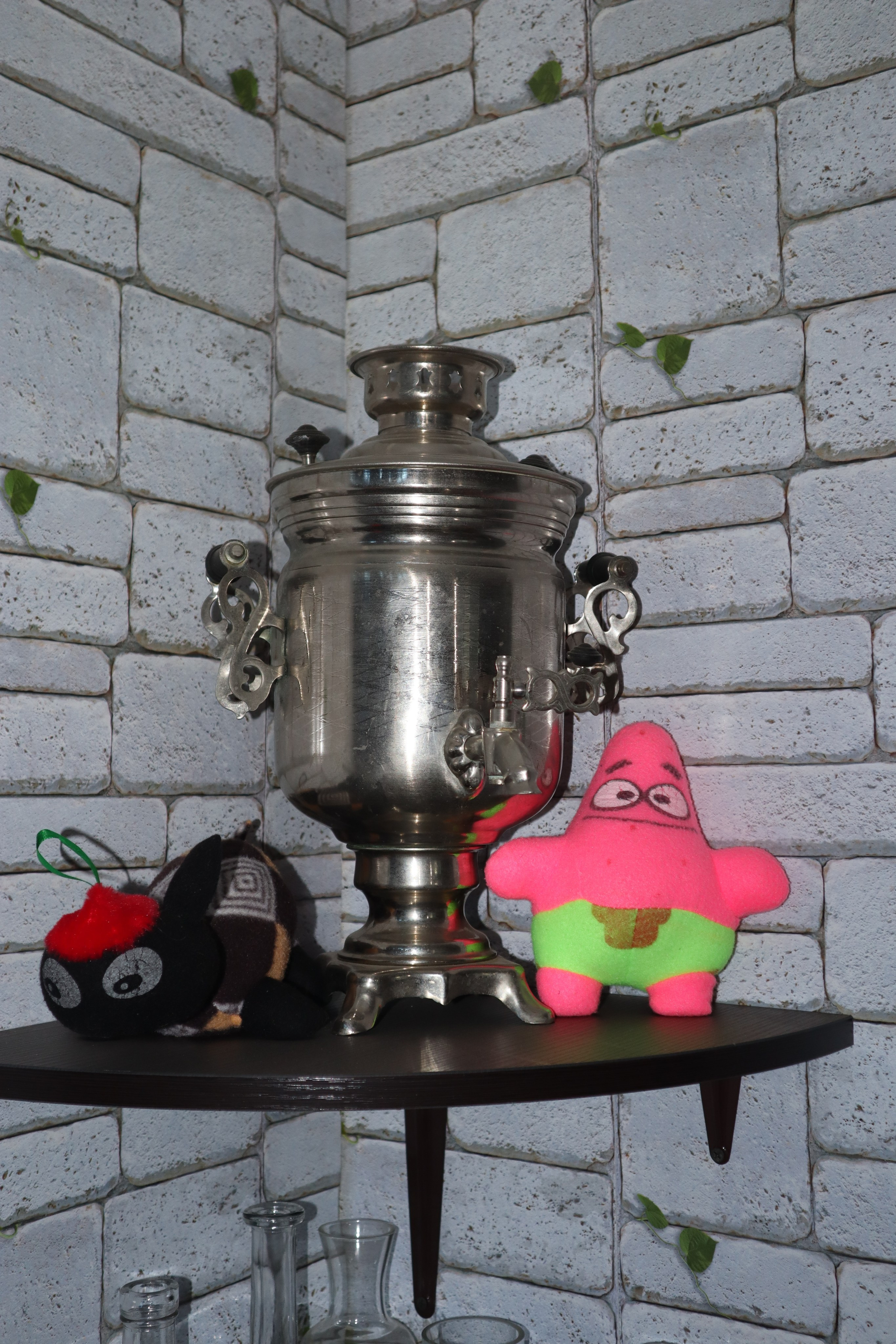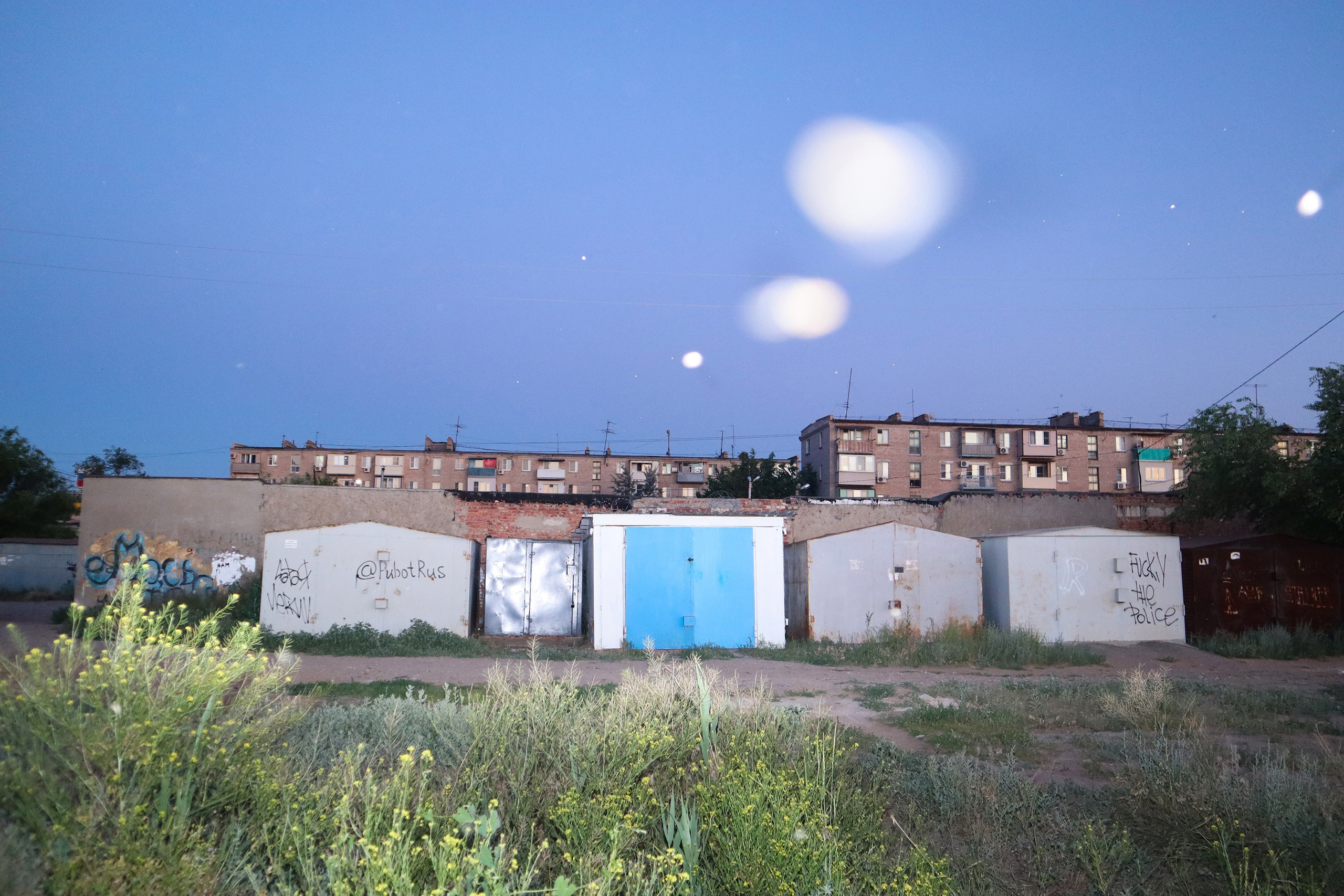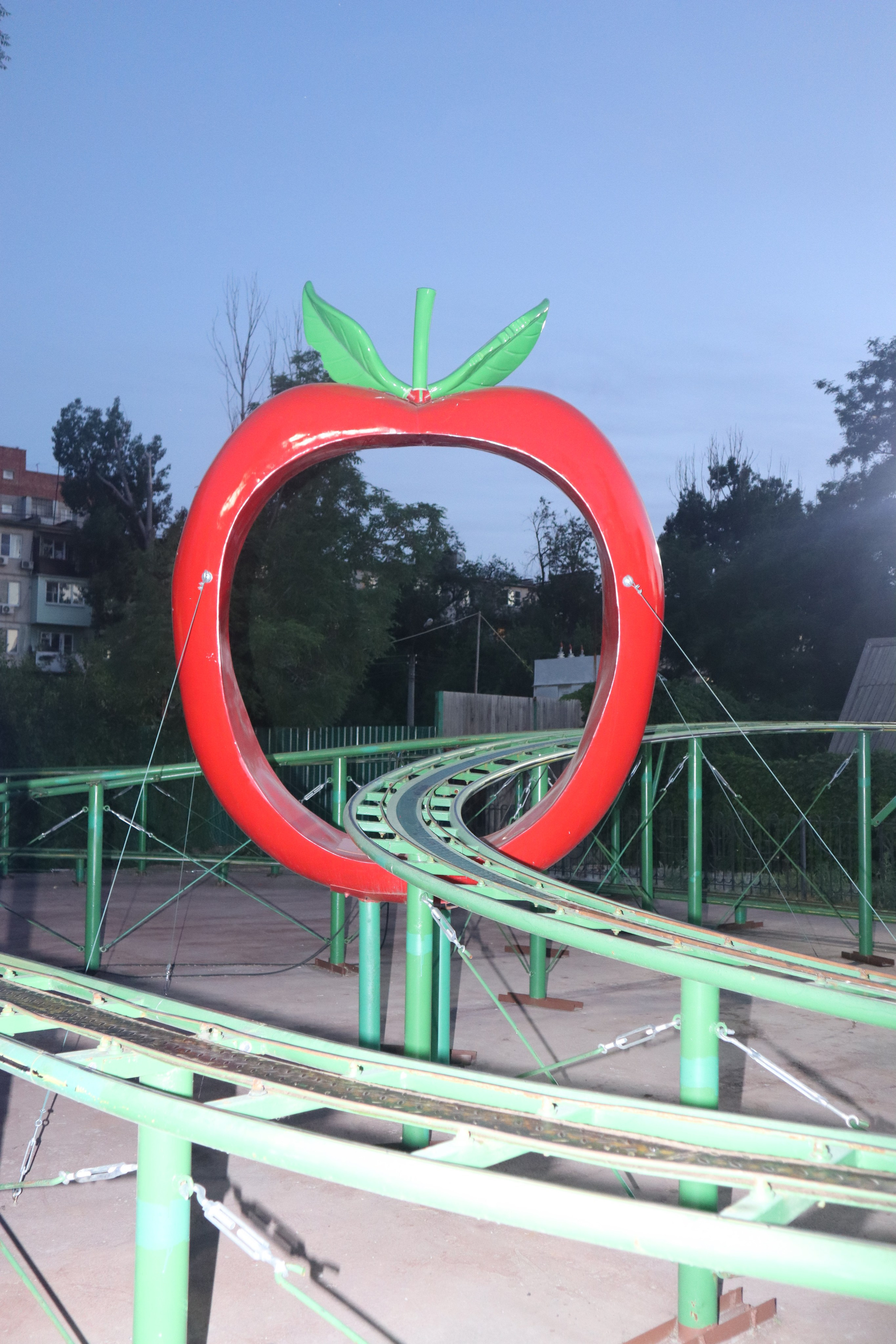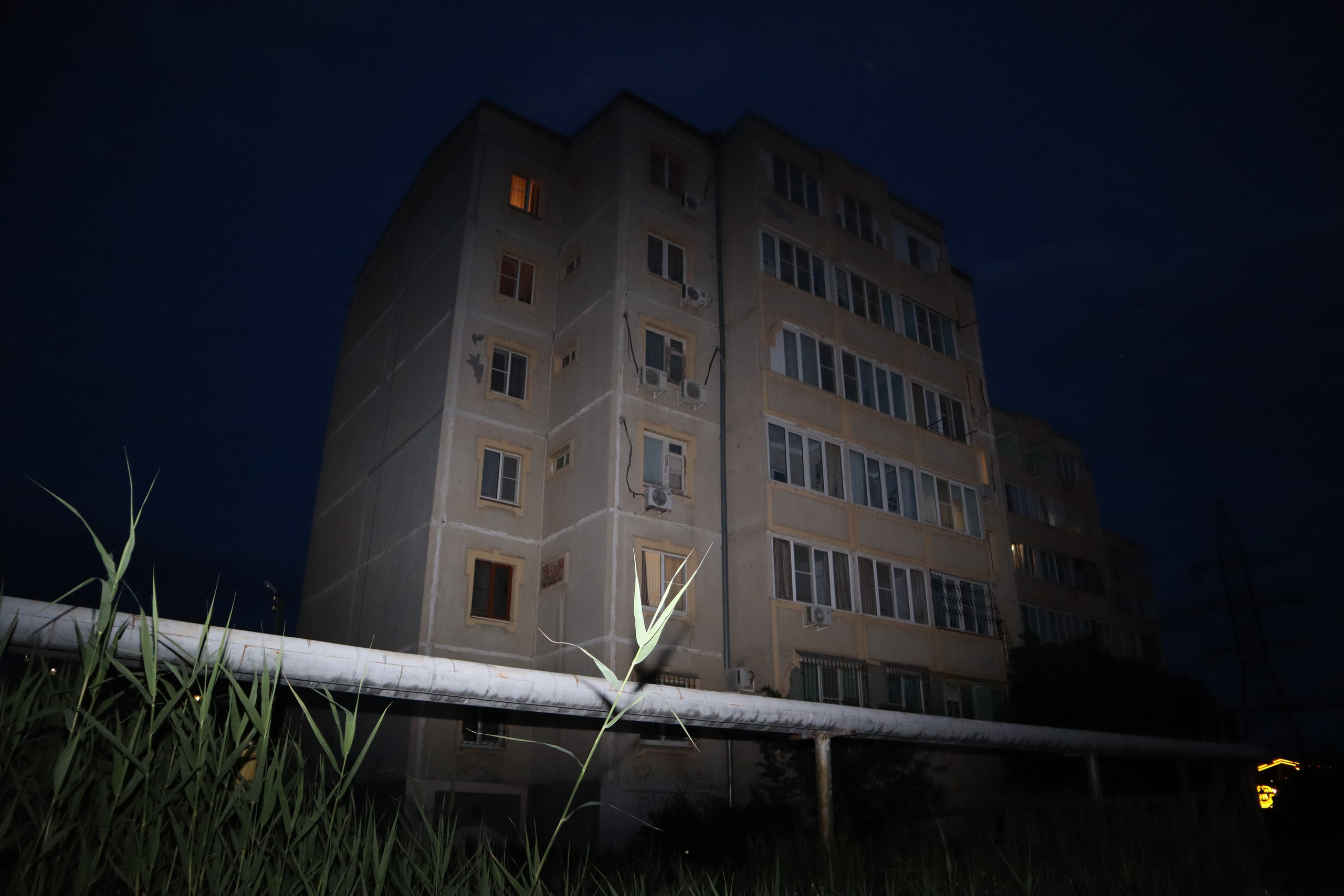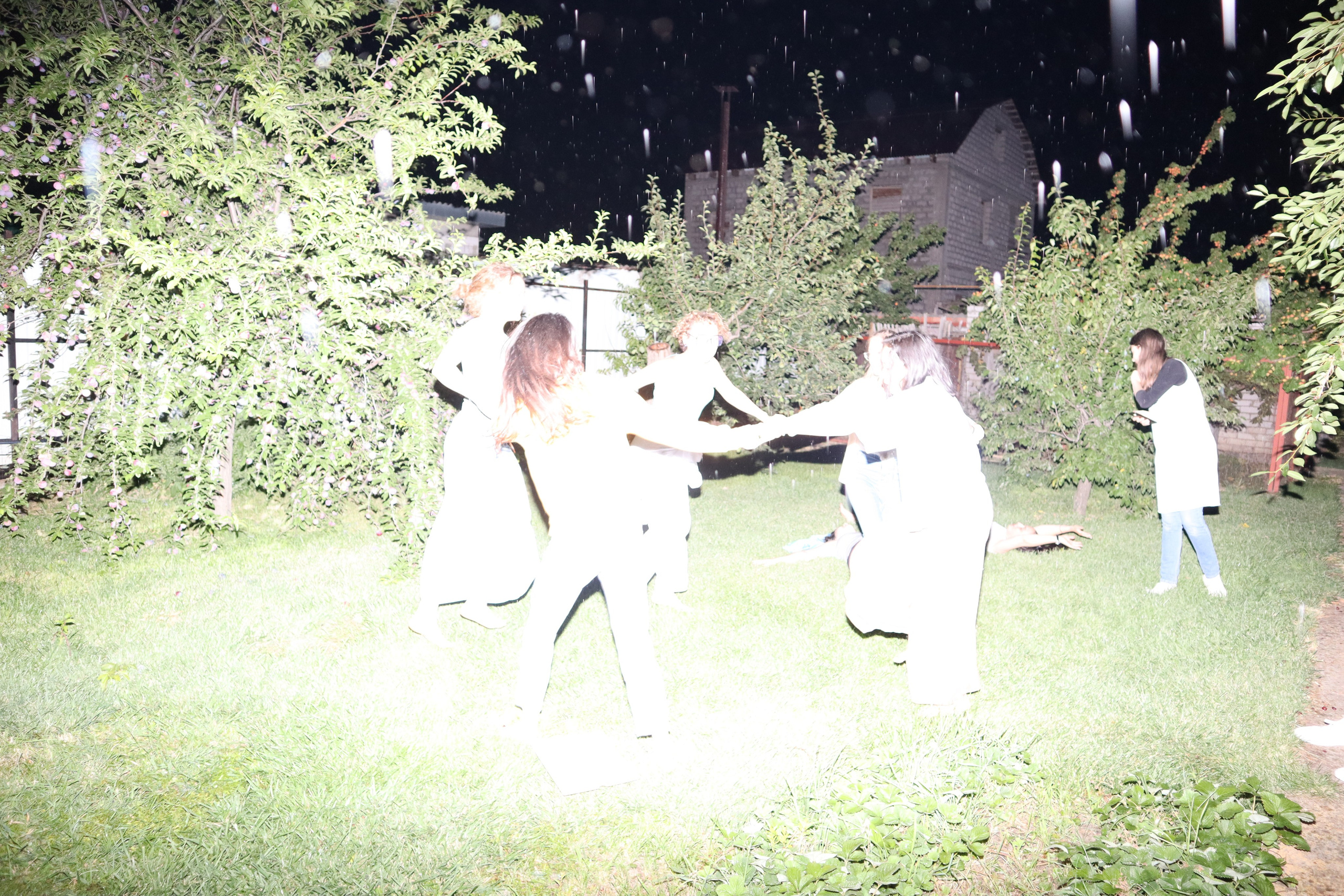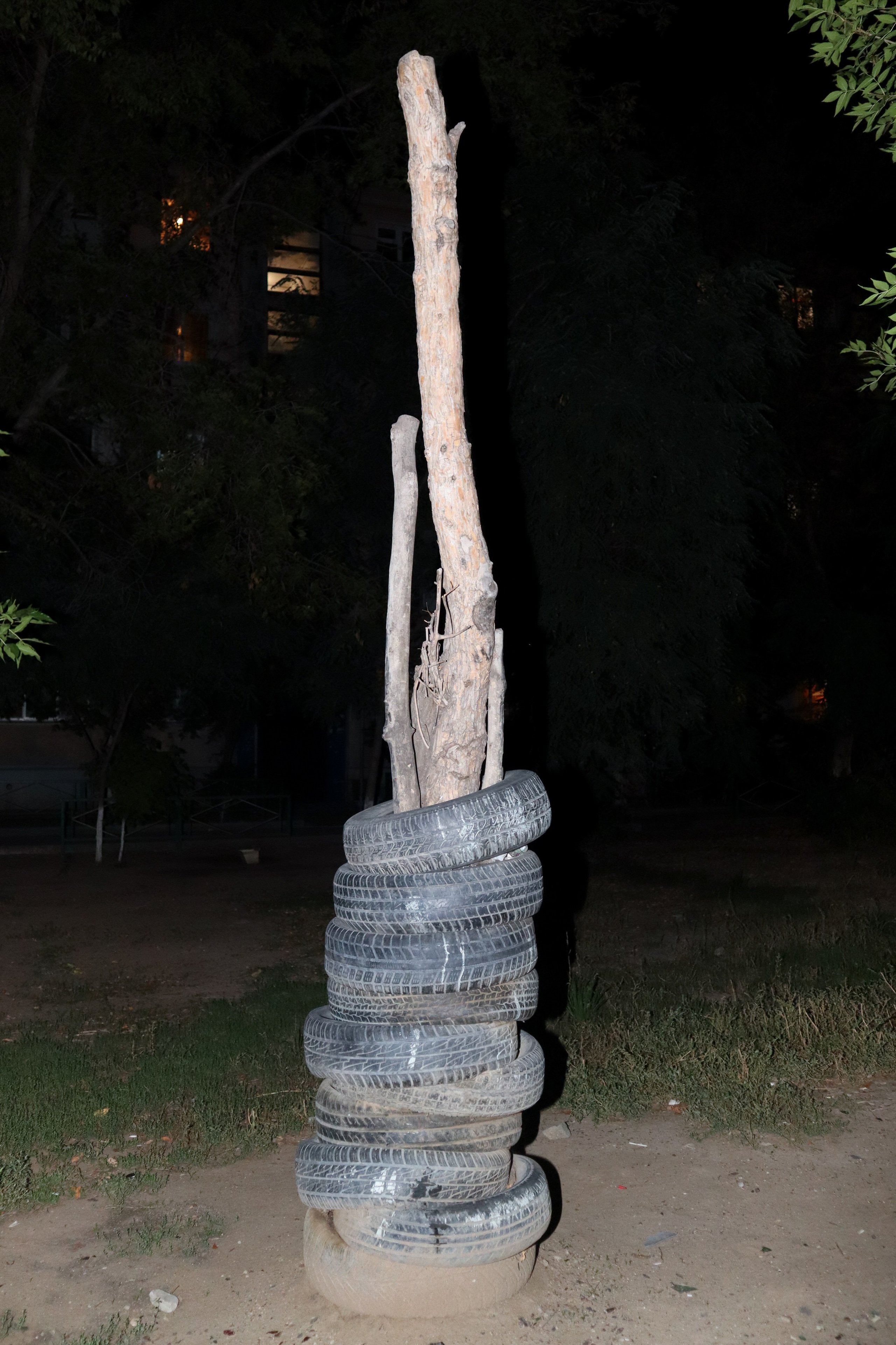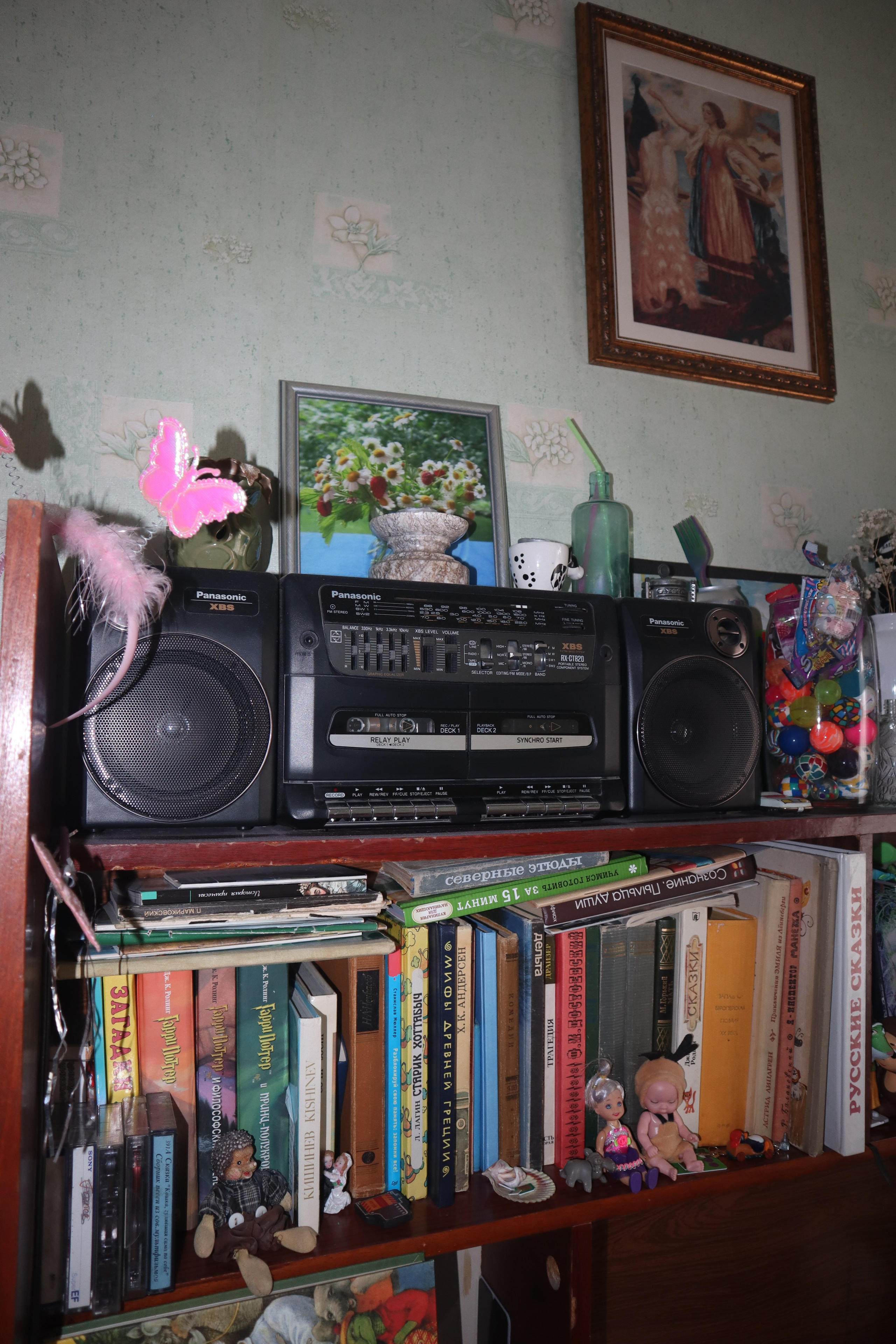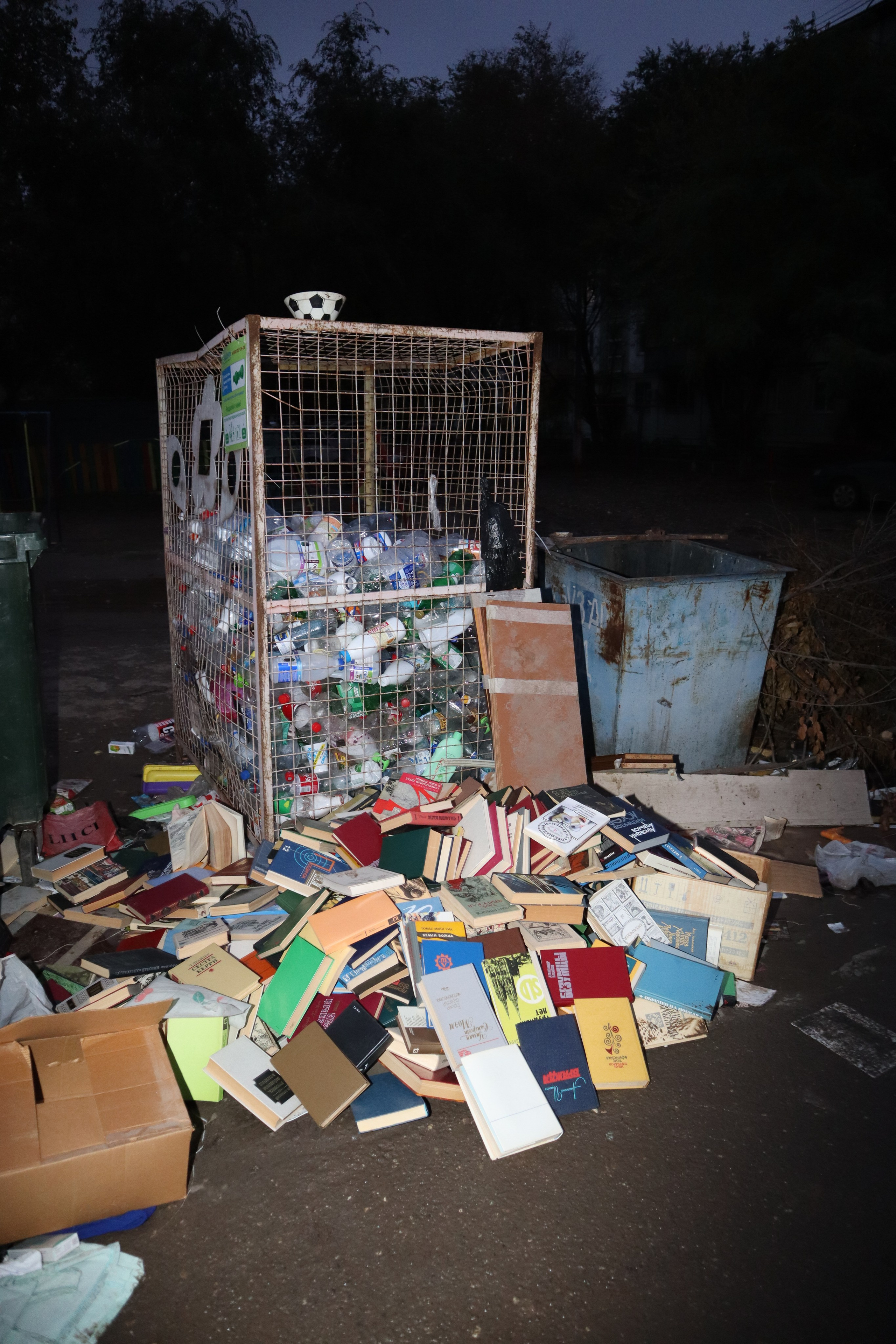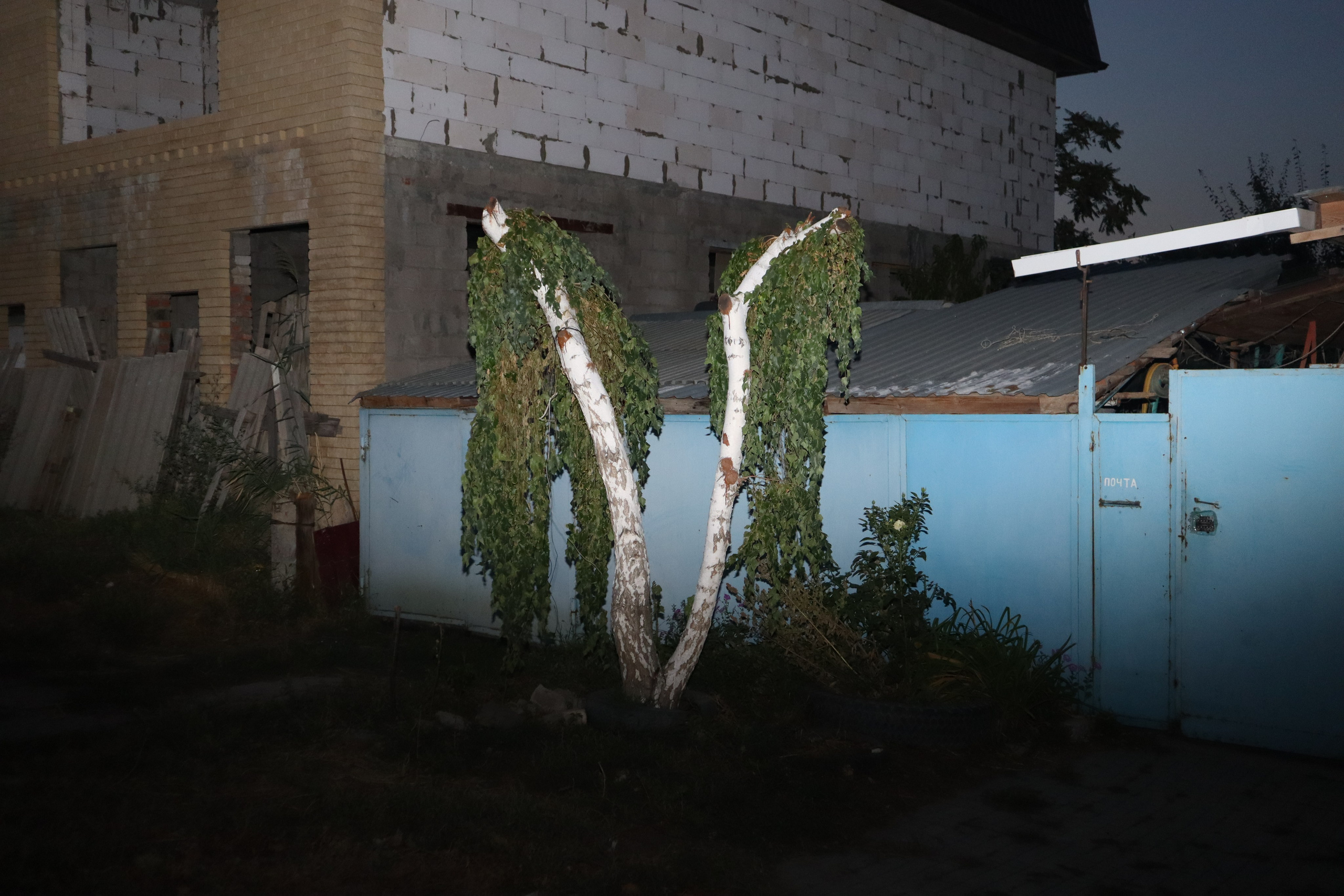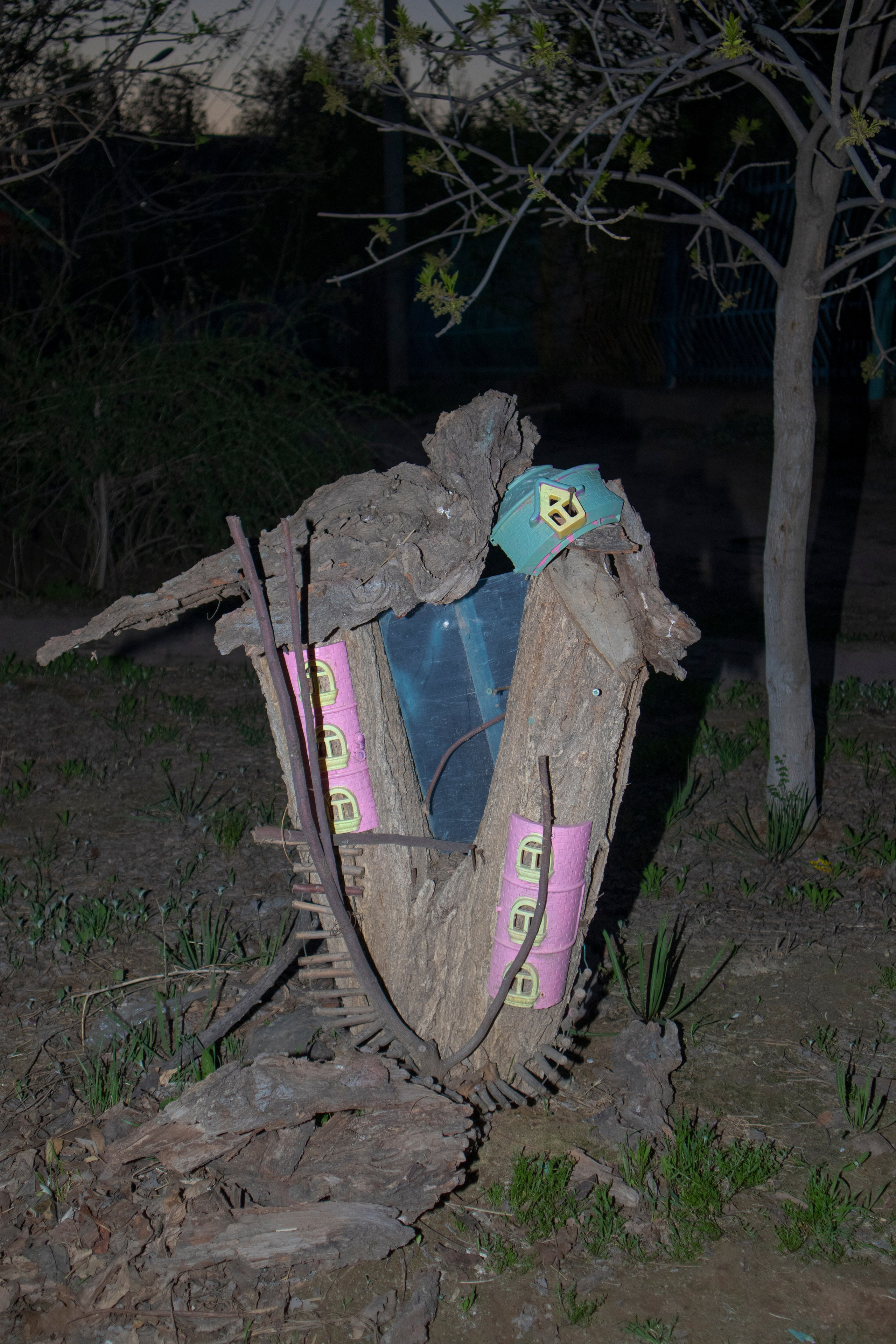In the middle of the XX century, my great-grandfather with his wife and three children were sent to the city of Astrakhan, South Russia, for military service. He was a tanker, a lieutenant colonel in the Soviet army. They gave him a room first, in a house for the military, and then a three-room apartment, where my mother and I live. Astrakhan is smaller than million-populated Russian cities, with just over half a million people live there.The city can be easily explored on foot during the day. A lot of pre-revolutionary architecture has been preserved here, several embankments run along the Volga, there are many canals, and people fish here in winter and summer. In recent years, many new cafes, bars and local brands have appeared. They are created by young residents of the city who decided to stay here and develop the city. Along with these processes in Russia and the city of Astrakhan, there are dtrange and sometimes absurd things happen that do not fit into the head. New laws and rules are coming out, impossible to keep track remaining sane. For example, the law on foreign agents, which covers many cultural institutions and the media. The entire space of the region seems to echo these processes. Packs of dogs live in abandoned houses, teapots grow on trees, fences are built from doors. This is the world I'm living in.
